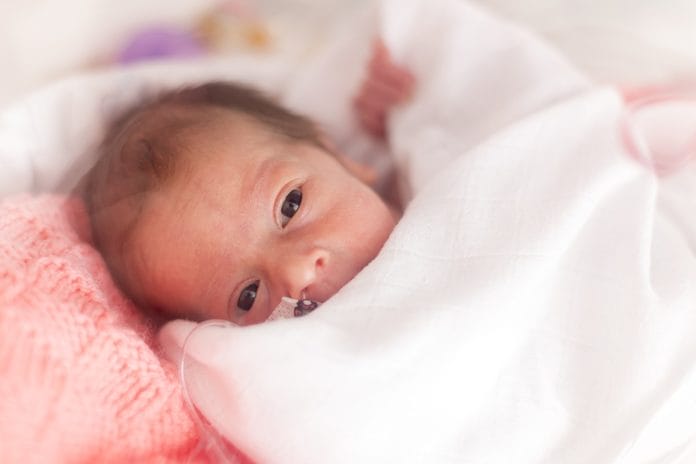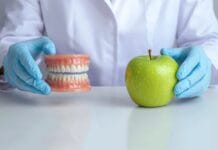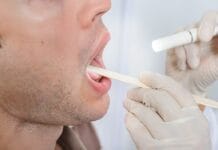Studies show the oral bacteria present in a pregnant woman can impact the health of her baby. More recently, researchers have unearthed more evidence which links periodontitis with low birth weight and premature birth. A study published in the Journal of Maternal-Fetal and Neonatal Medicine, “Association of periodontitis with preterm birth and low birth weight: a comprehensive review,” and another titled, “The association between maternal periodontal health and adverse pregnancy outcomes” from the Hungarian publication Orv Hetil shares more details about this research.
Statistics about Low Birth Weight and Other Pregnancy Outcomes
A baby is considered premature or a preterm birth when it is born before the 37th week. Meanwhile, a low birth rate occurs when an infant is born with a weight of 2,499 grams (5 pounds) or less. Medical professionals recommend that babies are born at the healthy weight of 2,500 to 4,200 grams (or 5 to 9 pounds). Babies with a very low birth weight are usually less than 1500 grams (3 pounds), while babies with an extremely low birth weight are less than 1,000 grams (2 pounds).
Low birth weight and premature births are significant because they can indicate other potential health hazards, including death. The most recent data about gestation and birth weight from the Centers for Disease Control and Prevention estimate that 8.17% of all babies in the United States were born with a low birth rate. Around 321,839 or 9.85% of American babies were born preterm. In comparison, an estimated 15 million babies (or 1 out of 10) babies worldwide were born preterm according to the World Health Organization.
The World Health Organization also reports there are over 6.3 million perinatal deaths every year worldwide. One of the leading indirect causes of perinatal death include complications due to premature birth and low birth weight. Even when babies survive being born early or underweight, they are still more likely to develop a disability.
How Oral Hygiene is Linked to Preterm Birth and Low Birth Weight
The first article published in the Journal of Maternal-Fetal and Neonatal Medicine shows scientific evidence that a woman’s poor dental health can trigger an earlier pregnancy and other side effects. The scientists arrived at this conclusion after studying two pathogenic mechanisms caused by periodontitis. One mechanism caused pro-inflammatory markers to enter the bloodstream from the gingival submucosa, while the other involved gram-negative anaerobic bacteremia building up in the gingival biofilm. Both of the periodontal pathologies contributed to interfering with the mother’s immune inflammatory response in the placenta, which helped contribute to the baby being born early.
Another research article also discussed the link between maternal periodontitis and adverse birth outcomes. The scientists examined several clinical studies over several decades to see if there was a correlation between the prospective mother’s periodontal disease and preterm births and low birth weight. The researchers were able to observe that poor maternal periodontal health coincided with stunted fetal growth, stillbirth, preterm birth, and low birth weight.
The scientists believe further investigations could strengthen the previous existing evidence that periodontitis is a potential risk factor for adverse pregnancy outcomes. Future studies could also test whether the treatment of periodontitis could reduce the rate of preterm births or babies who were born with low birth weight.
In Conclusion
In light of these facts, it is the responsibility of dentists and dental hygienists to inform their pregnant patients about the potential connection between their oral health and the health of their baby. Dental professionals should encourage their pregnant patients to reach out to them immediately if they experience any issues with their teeth or gingiva to decrease adverse outcomes.










